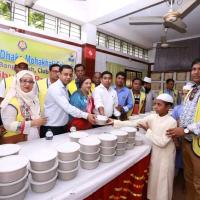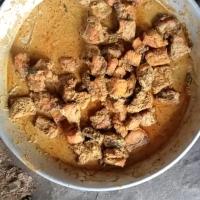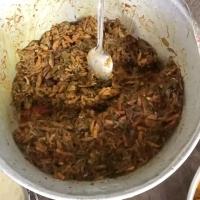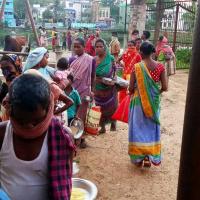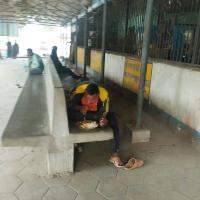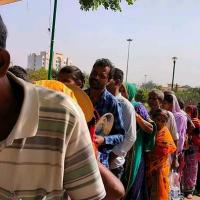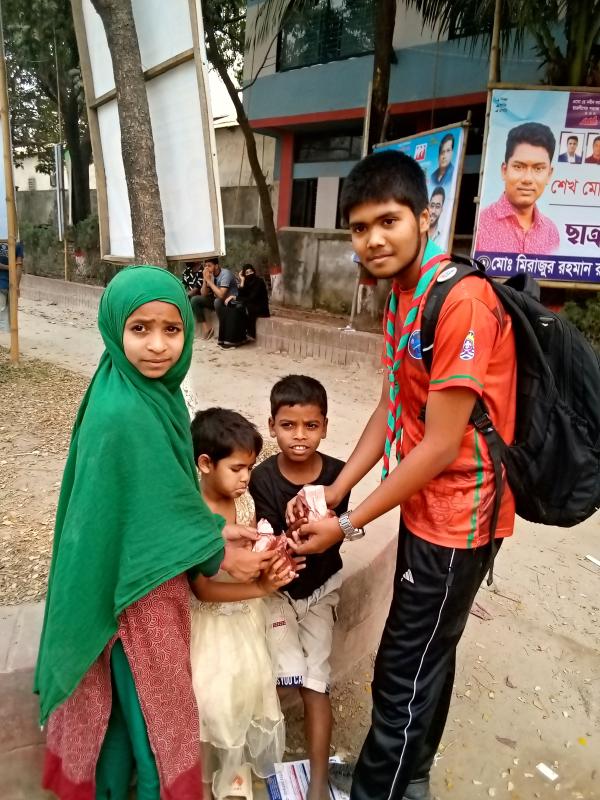
Nutritional foods for the poor peoples.
Bangladesh is a developing country that faces several challenges in meeting the basic needs of its population, including access to sufficient food. Despite the progress made in recent years, the country still suffers from high levels of poverty and food insecurity. Many people in Bangladesh struggle to obtain sufficient food on a daily basis, and this is particularly true for vulnerable and marginalized groups such as women, children, and the elderly.
To execute a food distribution project in Bangladesh, first identify the areas of need and design the program goals, type of food, frequency, and logistics. Collaborate with local organizations and engage volunteers to help with packing and distribution, as well as provide education to the community. Ensure food safety and monitor the program's progress to make necessary adjustments.
Food distribution programs can play a critical role in addressing these challenges by providing food to those who need it most. Effective food distribution can not only help to alleviate hunger and malnutrition, but can also have a positive impact on other aspects of people's lives, such as health, education, and economic opportunities. By ensuring that people have access to sufficient and nutritious food, food distribution programs can help to break the cycle of poverty.
In Bangladesh, where there are a large number of people living in poverty and food insecurity, food distribution programs can make a significant difference. By providing people with the basic sustenance they need to survive, these programs can help to improve their overall well-being, and create a foundation for longer-term improvements in health, education, and economic opportunities.
